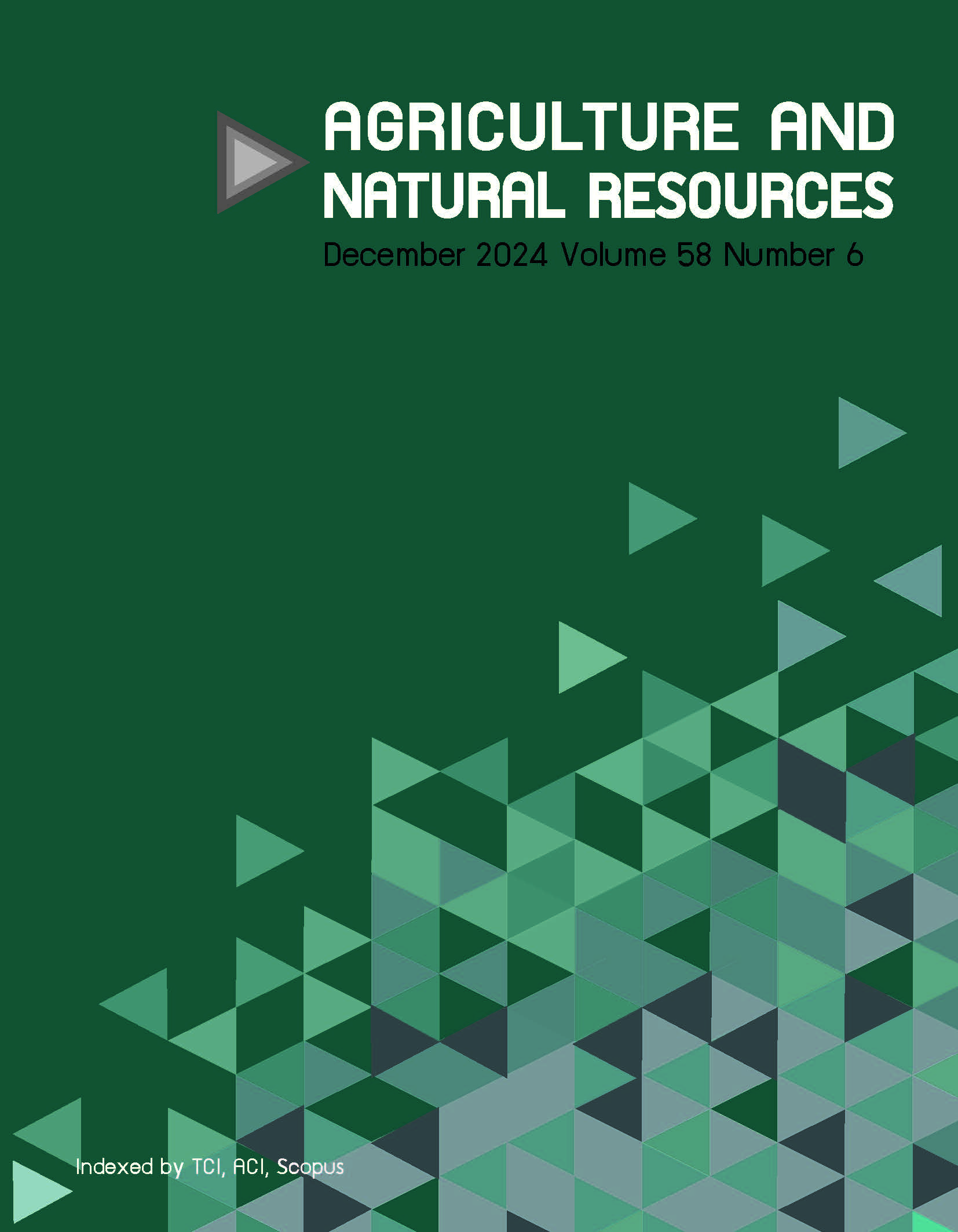Navigating the research landscape of hydroponics: Past developments and future trajectory
Keywords:
Food security, Food-water-energy nexus, Hydroponics, Research trends, SustainabilityAbstract
Importance of the work: The rising global food demand threatens conventional farming’s sustainability due to limited natural resources, making hydroponics a potentially vital solution. However, to date, no scientometric study has examined the impact of hydroponics on water and energy resources for sustainable food production, nor has there been any analysis of the progress of hydroponics regarding sustainable farming practices. Objectives: To understand the technological development in hydroponics over recent years and its potential in achieving food security in the light of sustainability and to envision the advancements required to overcome current limitations for its application in sustainable farming. Materials and Methods: Scientometric analysis was undertaken based on hydroponic technology literature from 2011 to 2021, gathered from Scopus and Web of Science. In total, 2,447 unique articles were obtained. The data were visualized and interpreted using the CiteSpace 5.8 R3 software, applying cluster analysis techniques, with nodes consisting of “countries”, “keywords”, and “articles”. Results: Over the study period, hydroponic technology has consistently grown, with an average positive relative growth rate of 0.315 and a mean doubling time of 2.560 yr, indicating constant growth in the field. Agriculture and Environmental Science, and Ecology have been the most researched fields, comprising roughly 17% and 10%, respectively, of total publications with major contributions from the USA, China and Brazil. During the study period, hydroponics research has emphasized yield enhancement, system automation, nutrient management and bio-fortification. Even though hydroponics has good prospects as an adjunct to conventional agricultural systems for attaining global food security, its progress has been constrained at the present level of development by four key issues: 1) high energy consumption; 2) incomplete nutrient utilization; 3)concern for food safety (when integrated with water reclamation); and 4) high initial investment. Main finding: Hydroponics, as an adjunct to conventional agriculture, has good prospects toassist in achieving global food security. System sustainability should be achieved through futureresearch focusing on: 1) nutrient uptake maximization; 2) integration of wastewater treatmentwith hydroponics, while achieving water reclamation and food safety; and 3) optimization ofpower requirements.
Downloads
Published
How to Cite
Issue
Section
License
Copyright (c) 2024 This is an open access article under the CC BY-NC-ND license (http://creativecommons.org/licenses/by-nc-nd/4.0/), production and hosting by Kasetsart University Research and Development Institute on behalf of Kasetsart University.online 2452-316X print 2468-1458/Copyright © 2022. This is an open access article under the CC BY-NC-ND license (http://creativecommons.org/licenses/by-nc-nd/4.0/),
production and hosting by Kasetsart University of Research and Development Institute on behalf of Kasetsart University.







